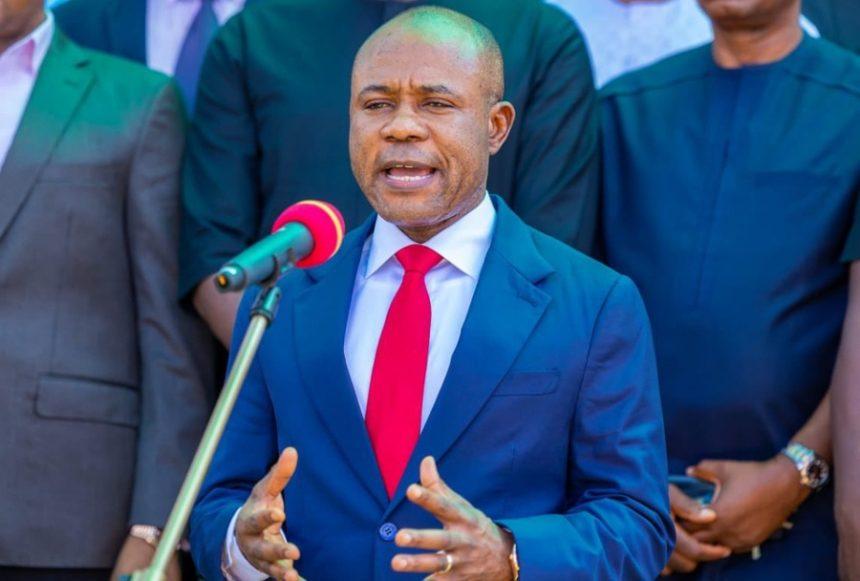The Enugu State government is aiming to generate N20 billion by the end of 2024 through the digitalisation of the state’s Land Use Act for more effective revenue collection.
Ekene Emmanuel Nnamani, the executive chairman of the State Internal Revenue Service, revealed this during a briefing with newsmen on the state government’s plans to expand its revenue base.
“Starting from June 1st this year, we will enforce the payment of charges by residents already captured in the metropolises and communities,” Nnamani stated.
READ ALSO: Enugu State to Enforce Land Use Charges on 800,000 Properties Starting June 1
This initiative is part of Governor Peter Mbah’s administration’s disruptive innovation agenda, designed to transform the state and boost its internally generated revenue (IGR). The government has automated the Land Use Act charges to help meet this target.
Nnamani disclosed that the Service has identified 800,000 properties in the state through the Geographic Information System (GIS). He emphasized that every property owner in both urban and rural areas is required to pay Land Use Act charges to enable the government to carry out its developmental plans.
“Even owners of ancestral homes are required to pay land use act charges, as those in rural areas also benefit from dividends of democracy such as schools, health facilities, and other amenities,” he explained. The charges depend on the value and location of the land and are categorised and charged per plot.

In line with Governor Mbah’s disruptive innovation promise, the Service utilised GIS to identify properties across the state. The Land Use Law of 2016 mandates that every property owner in the state must pay charges to the Enugu State Internal Revenue Service.
READ ALSO; Senate Passes Bill for Establishment of Projects Development Agency in Enugu
Nnamani urged residents to cooperate with the Service by fulfilling their obligations to avoid sanctions. He stressed that no responsible government, whether in a developed or developing country, can achieve its transformational goals for the people without the citizens playing their part, including the obligation of tax payment.



